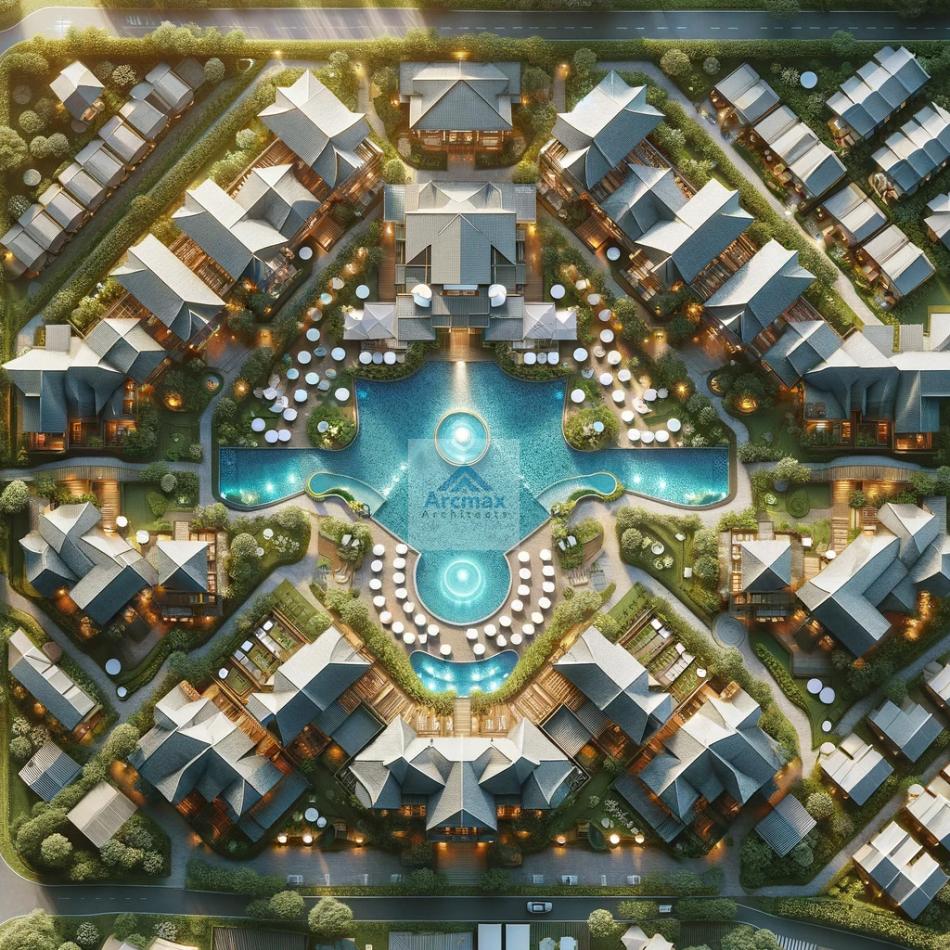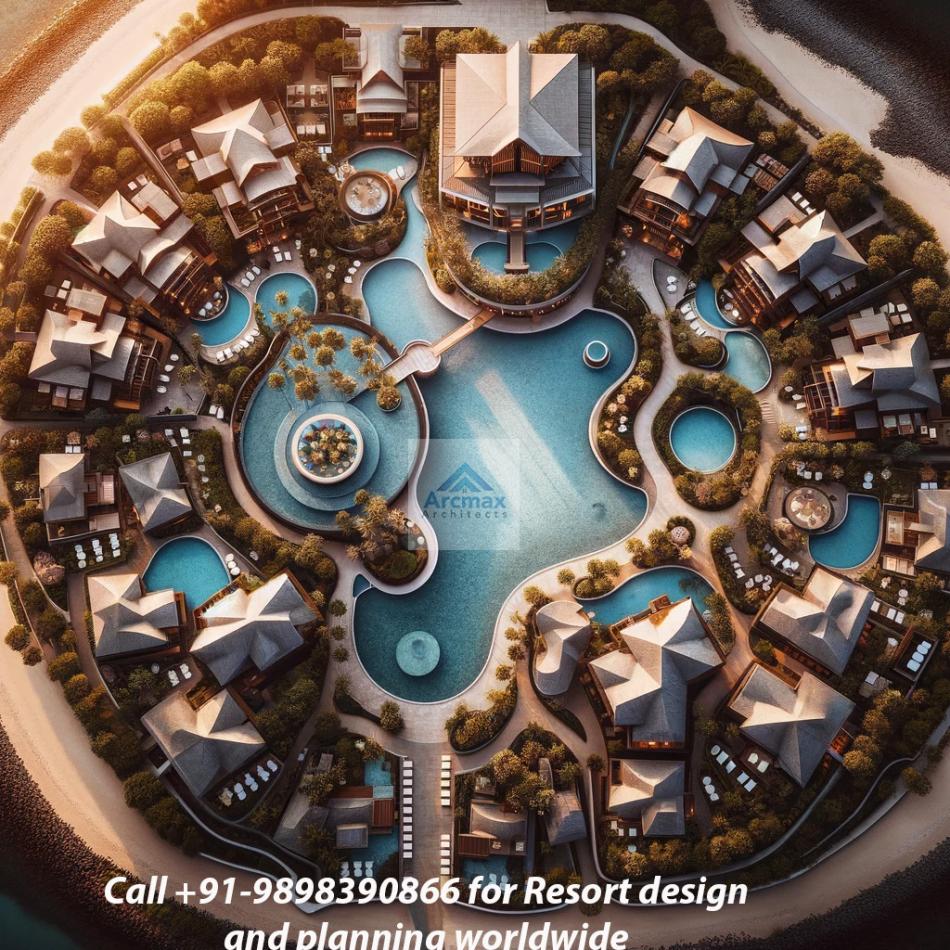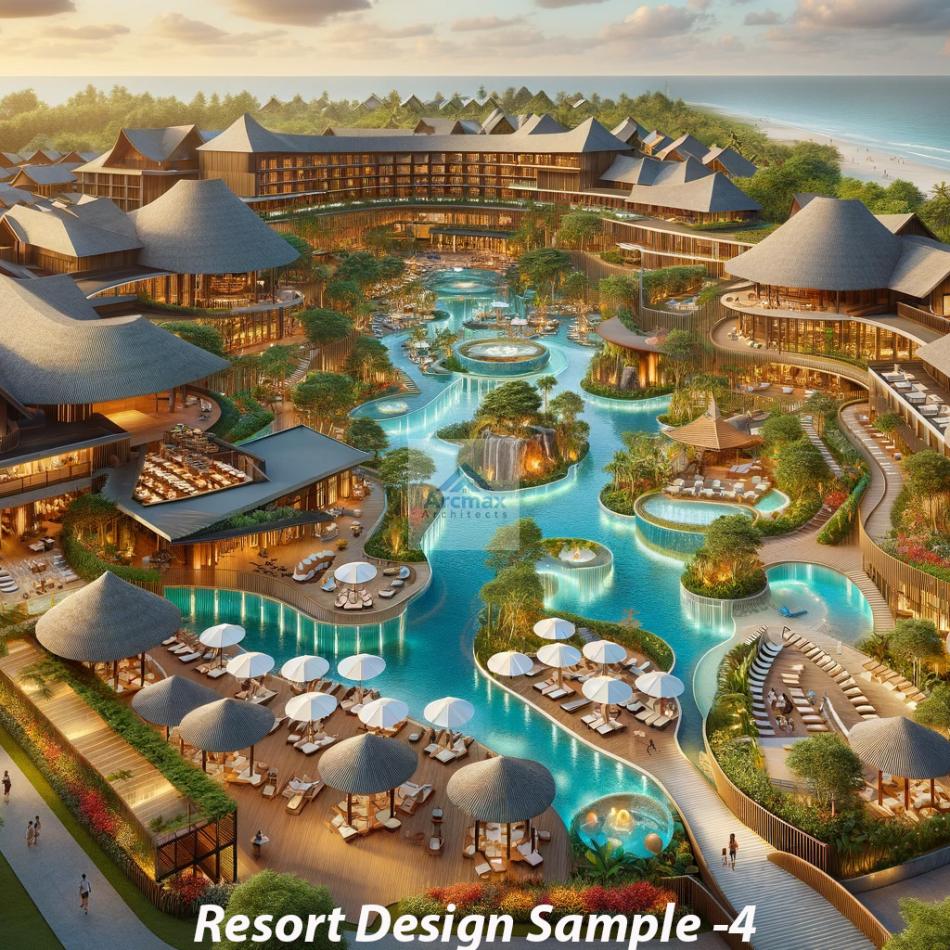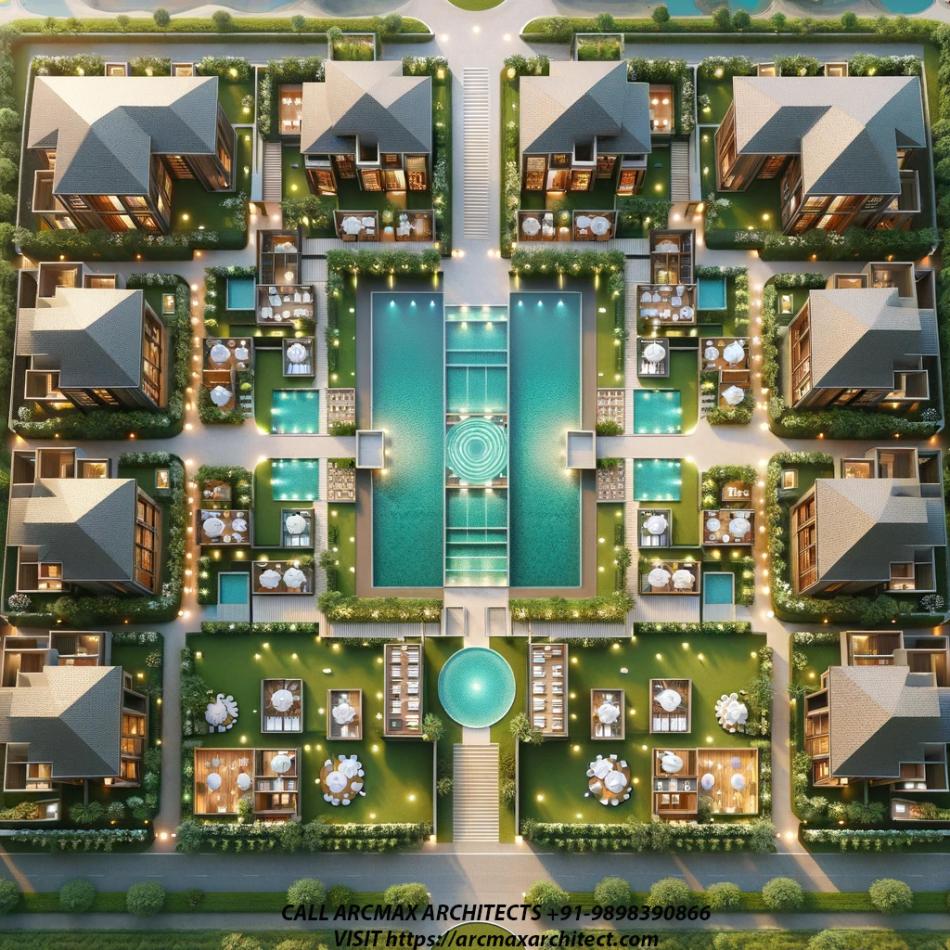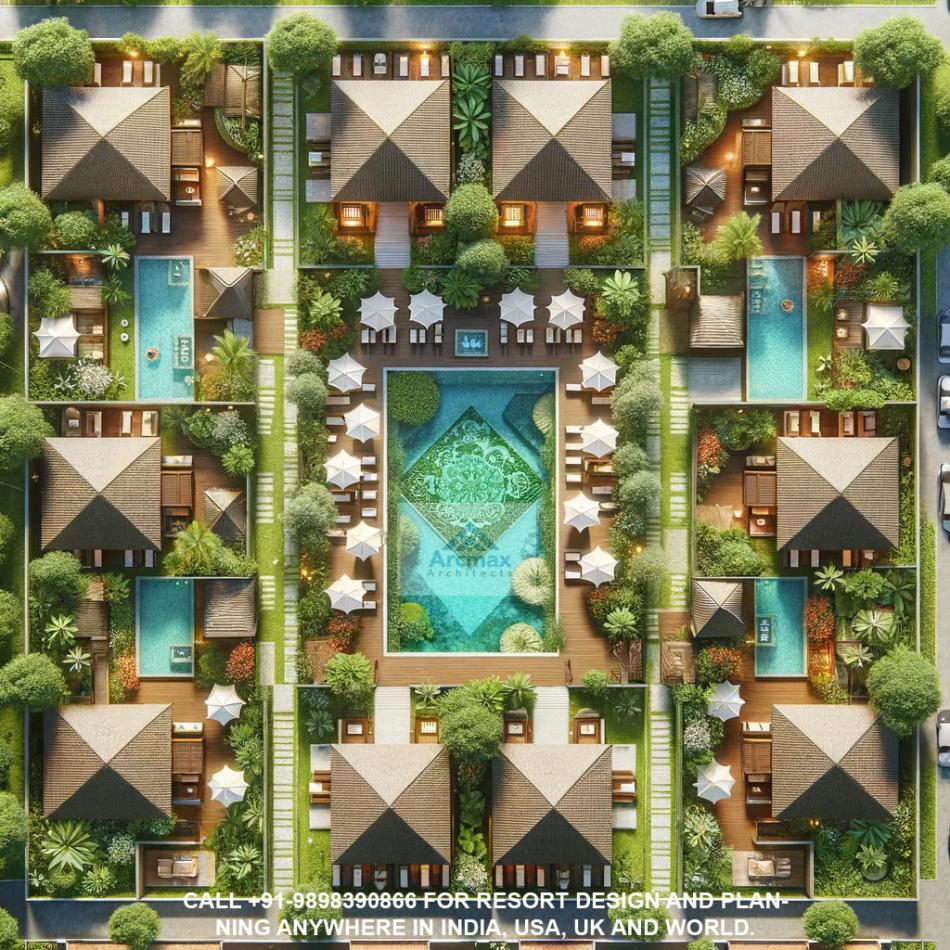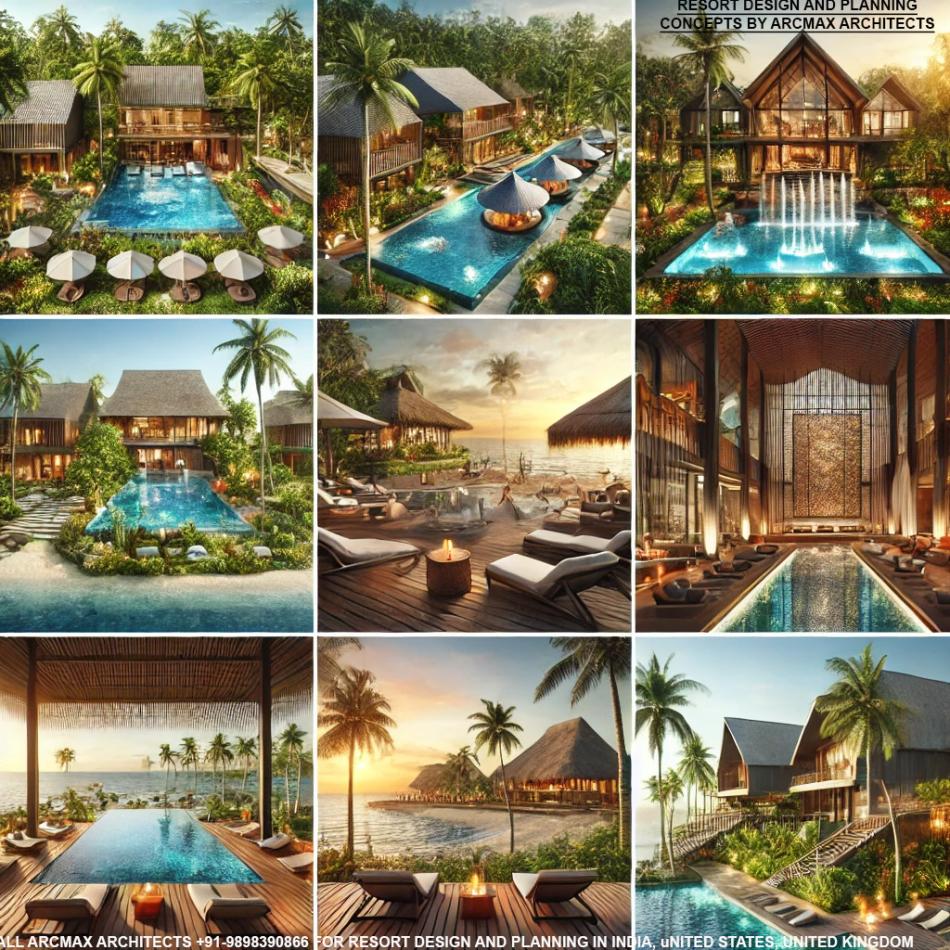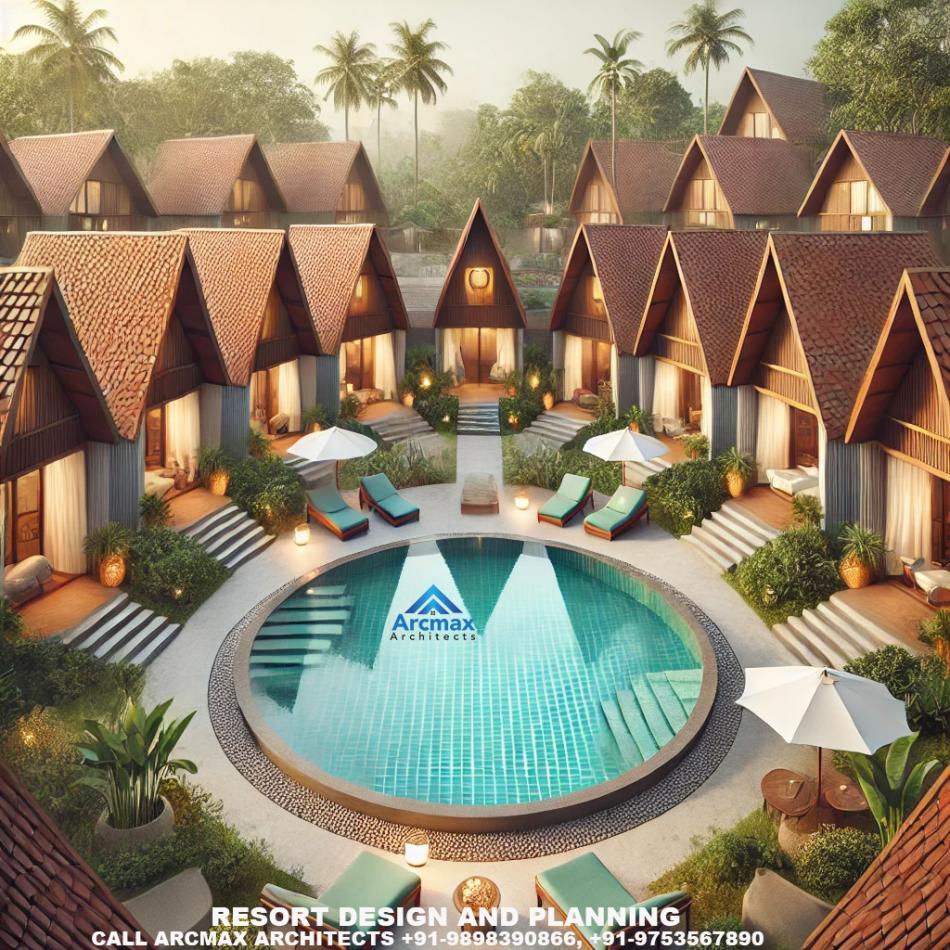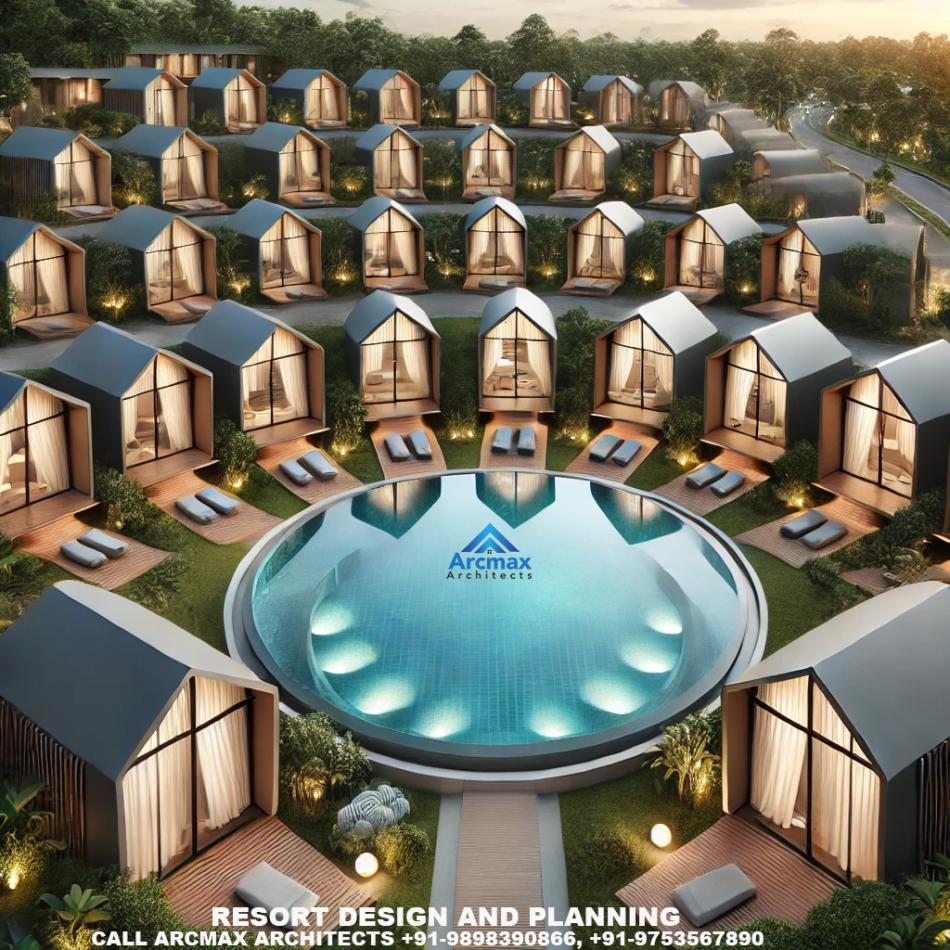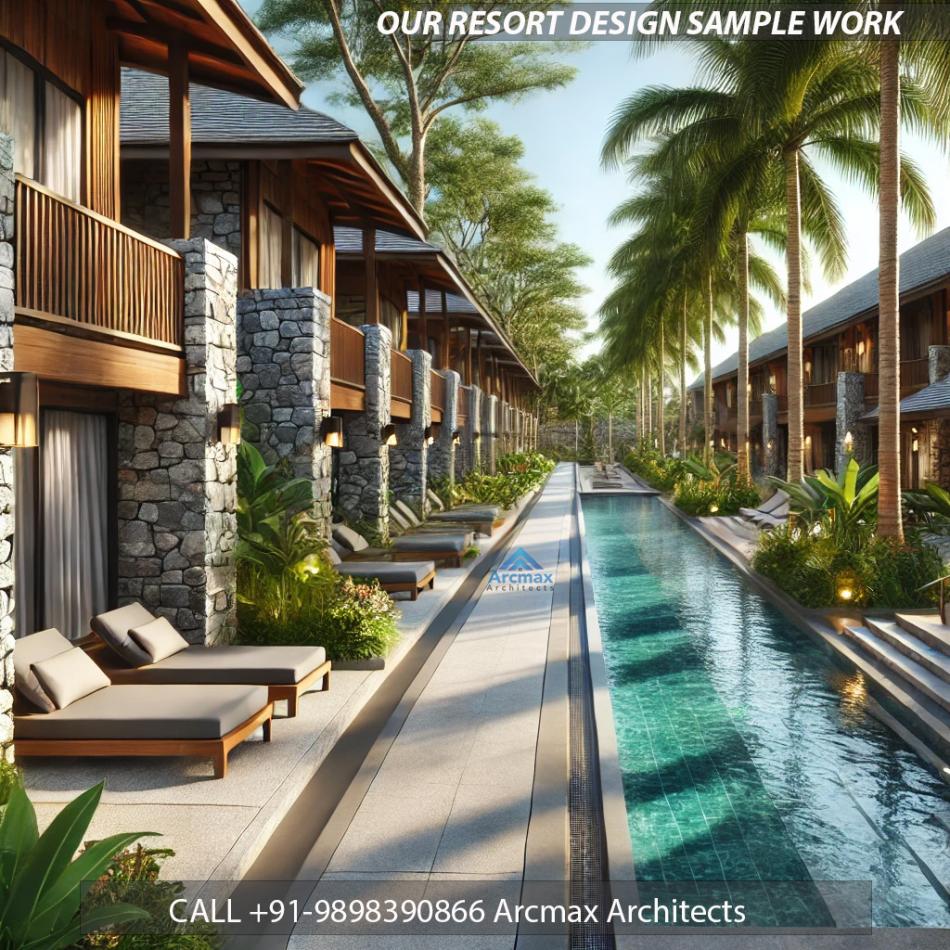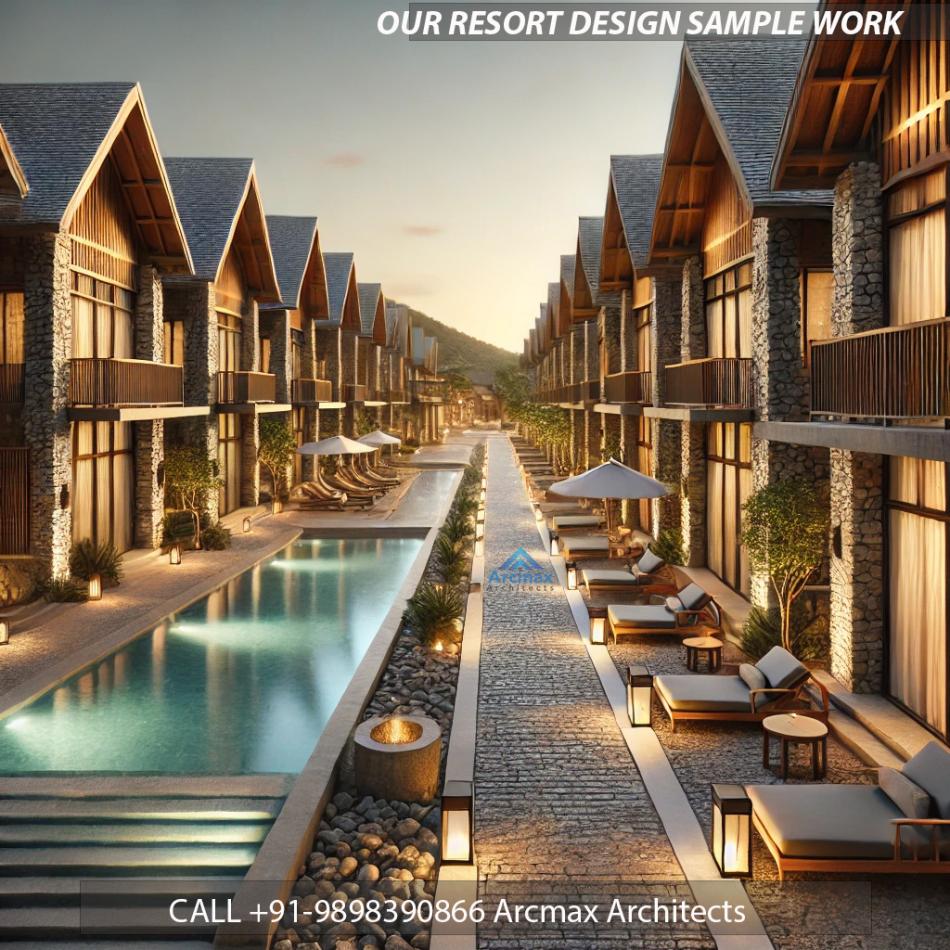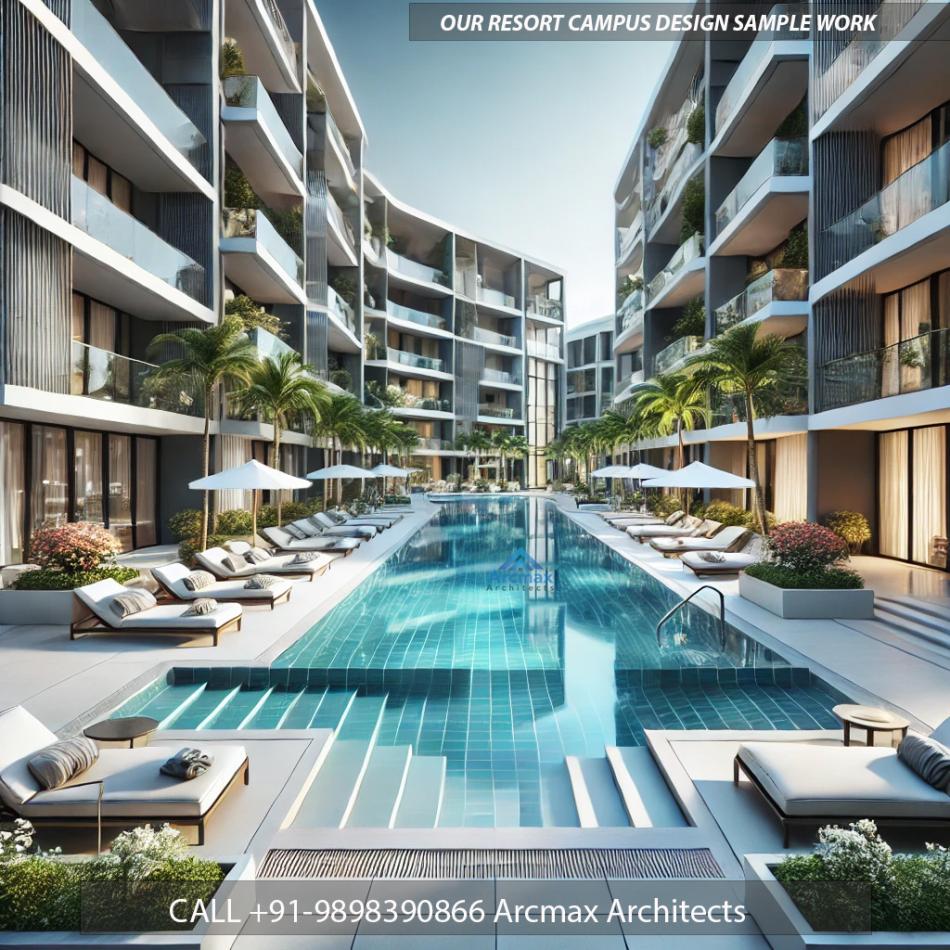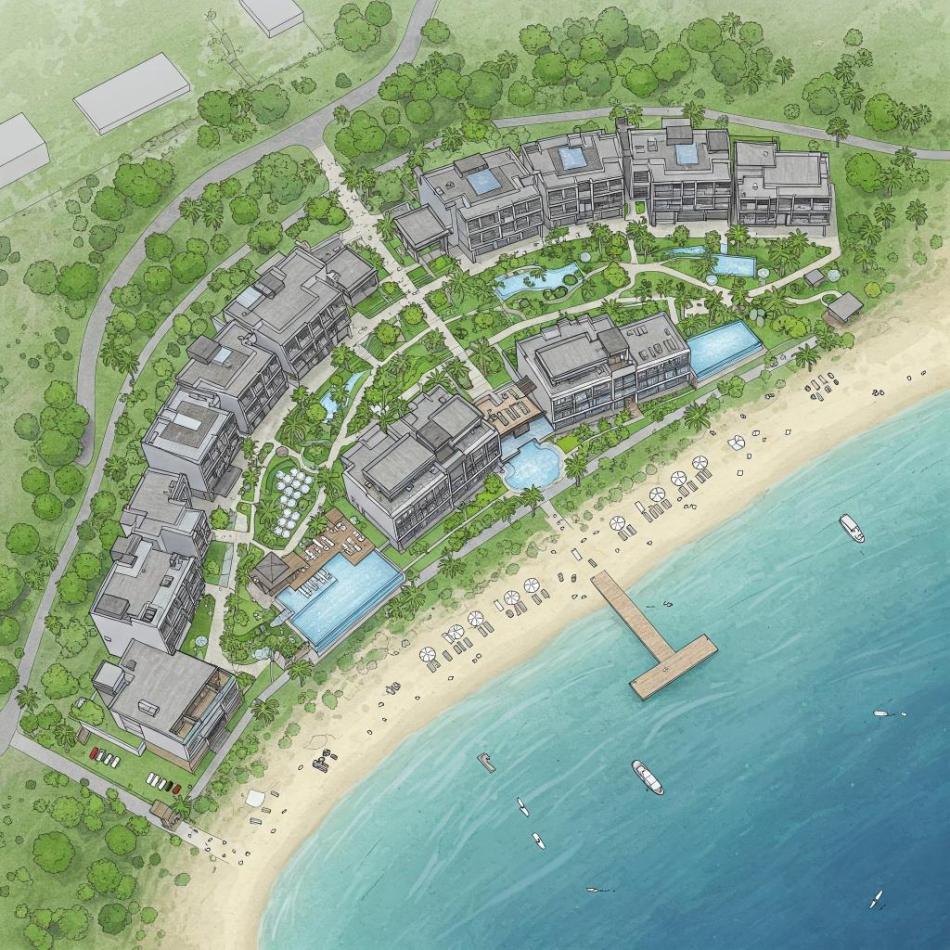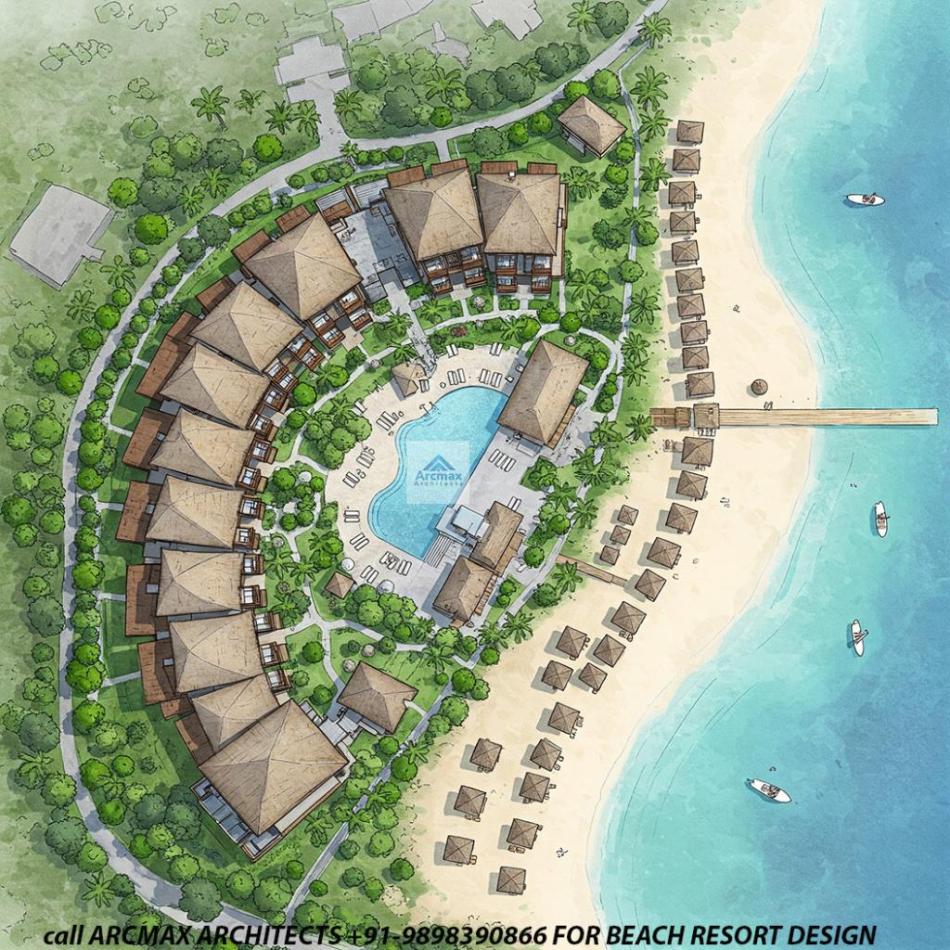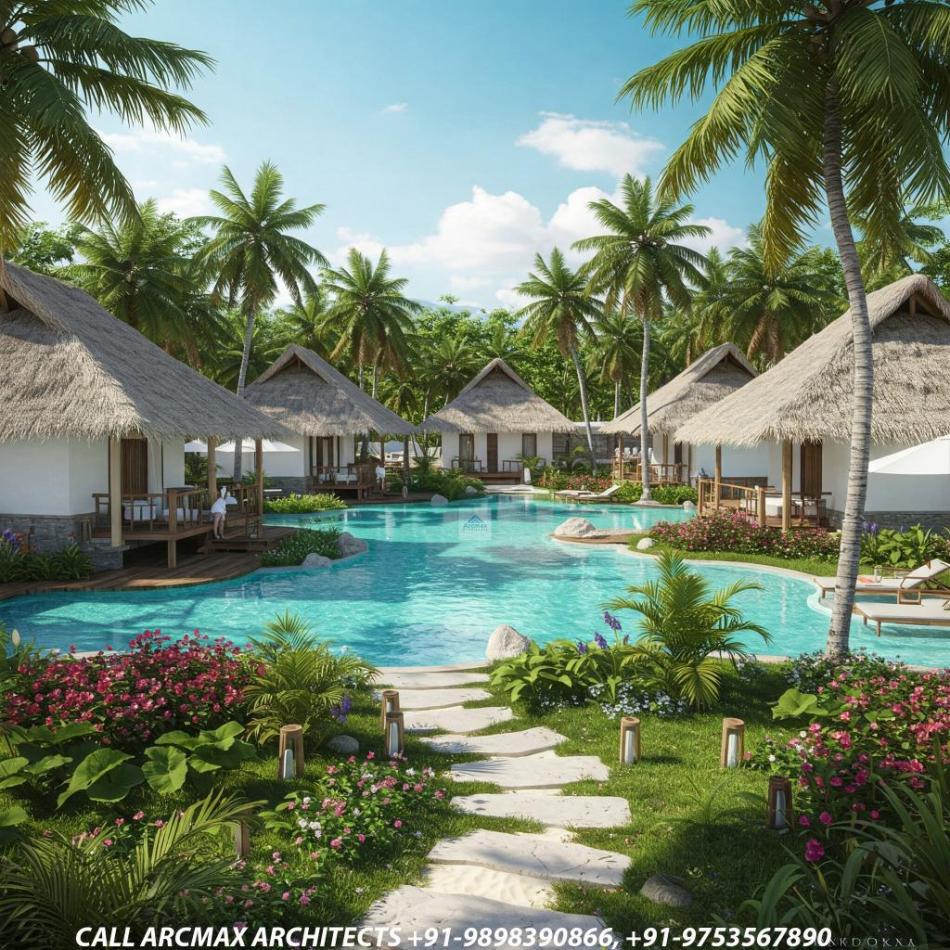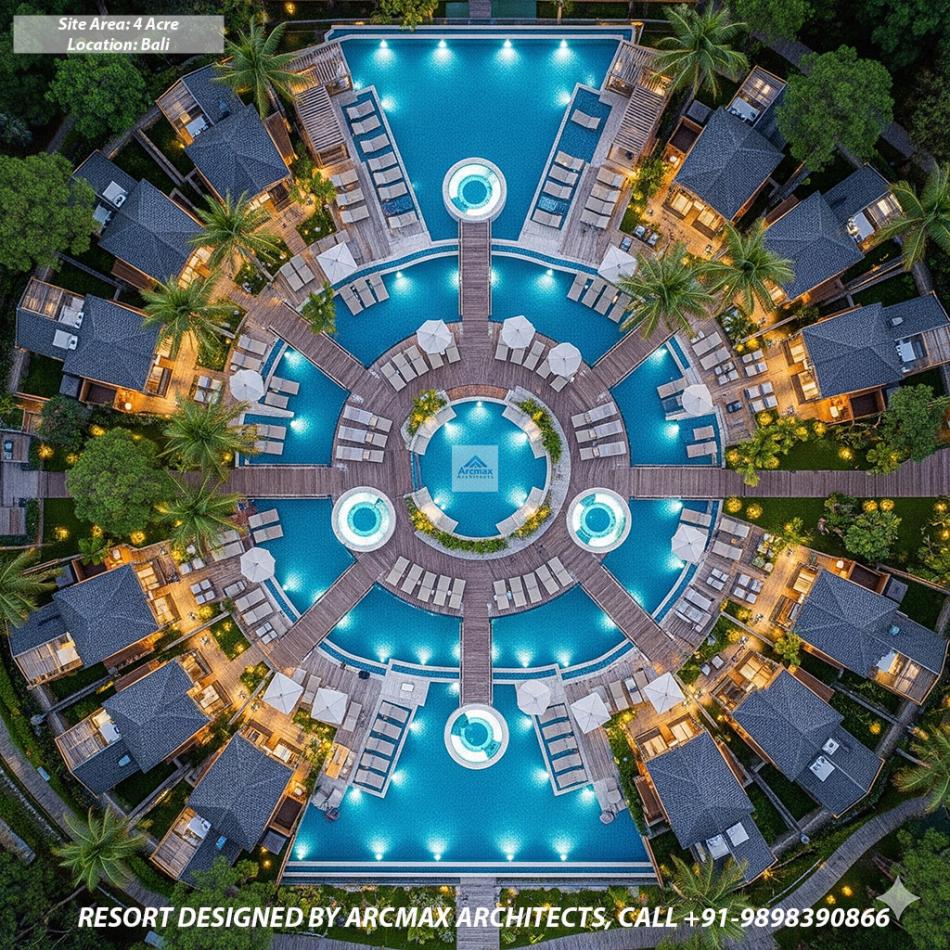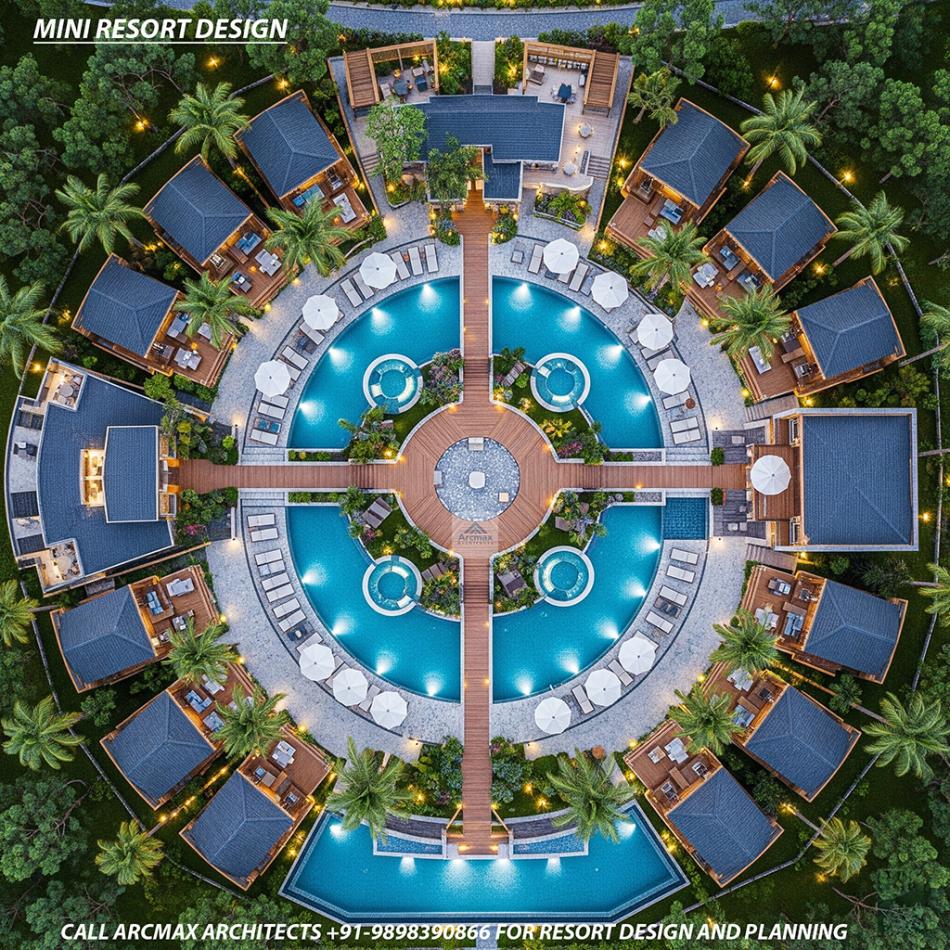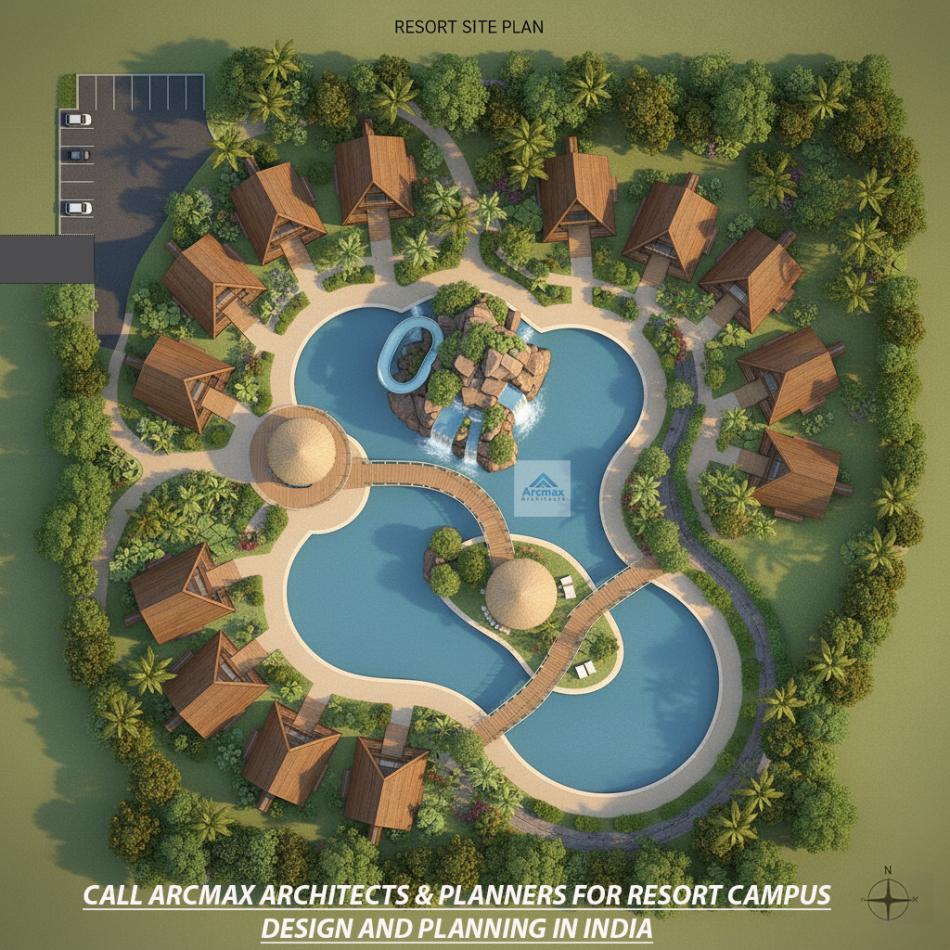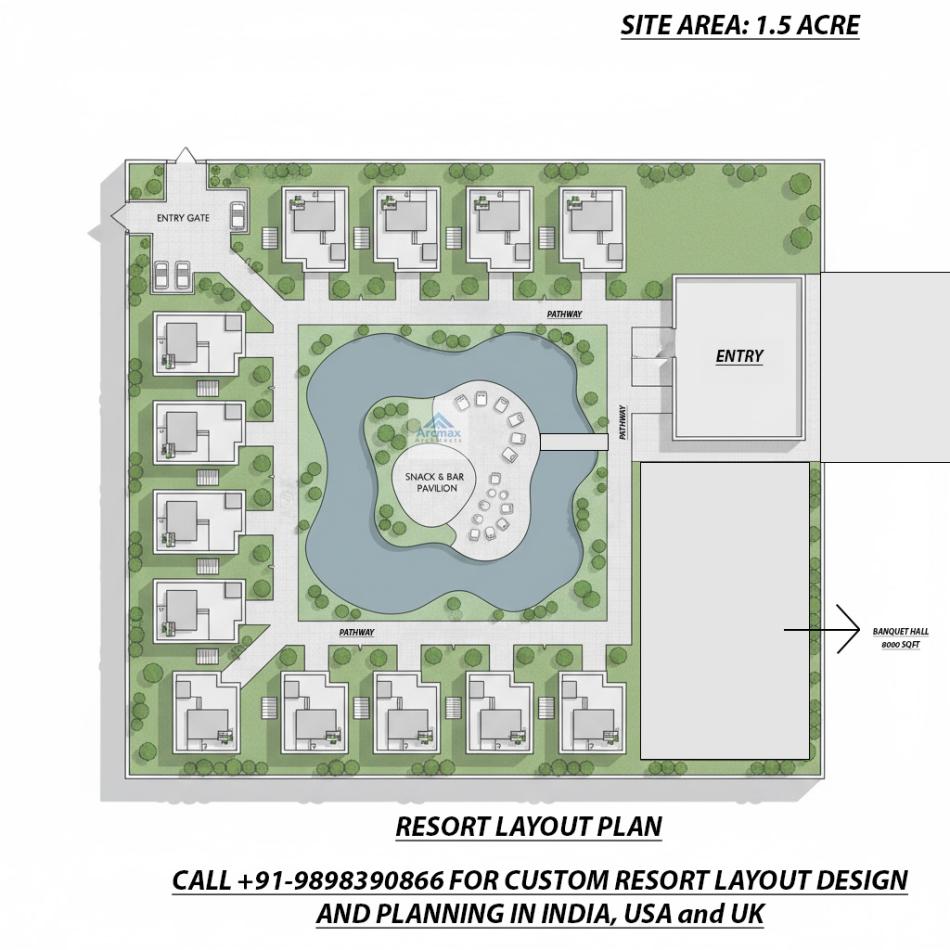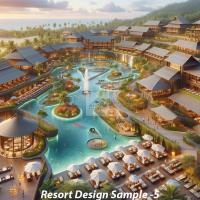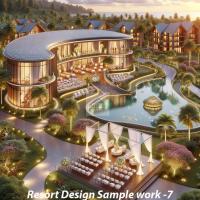Bakeri City, Pincode: 380015 Ahmedabad, Gujarat, India,
244 Madison Avenue, New York, United States
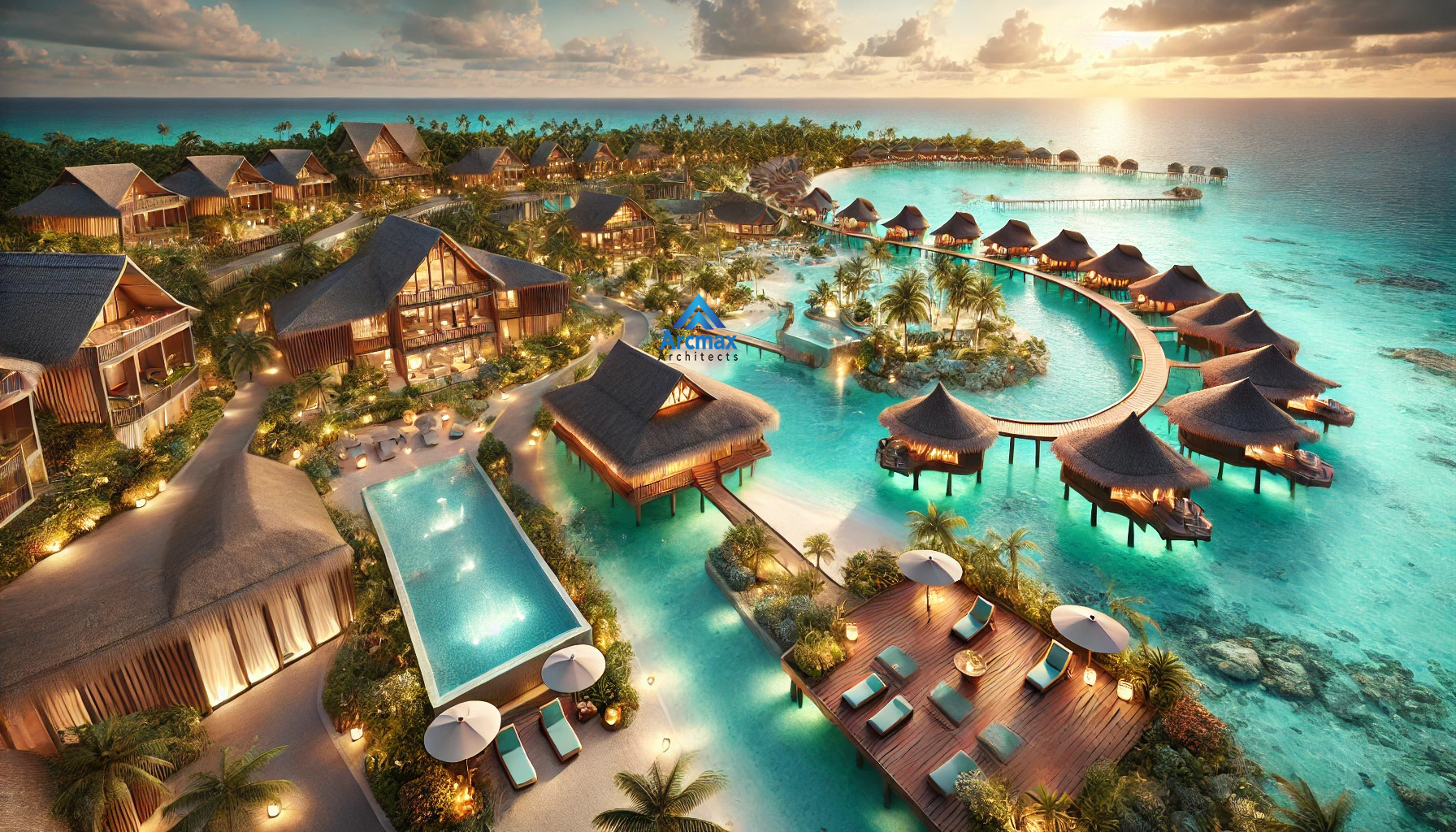
Our Client






Eco-Resorts and Retreats Design and Planning
Eco-Resorts and Retreats Design and Planning: A Guide to Sustainable Paradise
In an era where sustainability and eco-consciousness are at the forefront of travelers' minds, eco-resorts and retreats have emerged as sanctuaries that not only provide a serene escape but also demonstrate a deep commitment to environmental stewardship. Designing and planning these havens requires a thoughtful approach that harmonizes luxury and comfort with sustainability and conservation principles. This guide explores the essential guidelines and elements that underpin the successful creation of eco-resorts and retreats.
Core Principles of Eco-Resort and Retreat Design
Sustainability: At the heart of eco-resort planning is a commitment to sustainable practices that minimize environmental impact, conserve natural resources, and support local ecosystems.
Integration with Nature: Designs should complement and integrate with the natural surroundings, preserving the integrity of the landscape and fostering a deep connection between guests and the environment.
Cultural Sensitivity: Respecting and reflecting the local culture and heritage in the resort's design and operations enrich the guest experience and contribute to the preservation of local traditions.
Low Impact Construction: Utilizing eco-friendly materials and construction methods that reduce carbon footprint and environmental disruption is crucial.
Energy Efficiency: Incorporating renewable energy sources, such as solar or wind power, and employing energy-efficient design principles to reduce consumption.
Water Conservation: Implementing water-saving fixtures, rainwater harvesting systems, and sustainable wastewater treatment solutions to protect local water resources.
Waste Reduction: Establishing comprehensive waste management practices, including recycling programs, composting of organic waste, and reduction of single-use plastics.
Eco-friendly Transportation: Encouraging the use of electric vehicles, bicycles, and other eco-friendly transportation options for guests and staff.
Key Elements in Design and Planning:
Site Selection and Analysis: Choosing a location that offers natural beauty without compromising the health of ecosystems or local communities. Conducting a thorough environmental impact assessment is essential.
Native Landscaping: Utilizing indigenous plants in landscaping not only reduces water consumption but also supports local wildlife and biodiversity.
Eco-conscious Architecture: Designing structures that are energy-efficient, blend with the landscape, and utilize natural ventilation, lighting, and materials.
Guest Education and Engagement: Creating opportunities for guests to learn about sustainability, participate in conservation efforts, and engage with the local community enhances the overall experience and promotes eco-consciousness.
Community Involvement: Involving local communities in the planning and operation of the resort ensures economic benefits are shared and cultural authenticity is maintained.
Health and Wellness: Incorporating elements that promote physical and mental well-being, such as organic dining options, wellness programs, and nature-based activities, aligns with the holistic ethos of eco-resorts.
Adventure and Exploration: Offering guided tours, wildlife watching, and outdoor activities encourages a respectful appreciation of nature and supports conservation through education.
Design Strategies for Eco-Resorts and Retreats
Building Orientation and Layout: Orienting buildings to take advantage of natural light, ventilation, and views, while minimizing environmental impact and enhancing privacy.
Sustainable Materials: Choosing locally sourced, renewable, or recycled materials for construction and interior design supports sustainability and reduces the carbon footprint.
Energy Management: Incorporating passive solar design, high-efficiency appliances, and smart systems for heating, cooling, and lighting to optimize energy use.
Water-Saving Technologies: Employing low-flow fixtures, greywater recycling, and natural swimming pools to reduce water use and impact.
Designing and planning eco-resorts and retreats is a complex yet rewarding endeavor that combines luxury, sustainability, and conservation. By adhering to these guidelines and incorporating these essential elements, developers can create spaces that offer transformative experiences for guests while protecting and enhancing the natural and cultural landscapes they inhabit. In doing so, eco-resorts and retreats can lead the way in sustainable tourism, demonstrating that it is possible to enjoy the world's beauty responsibly and respectfully.
Want a Quotation please fill the form
- Resort Master Planning
- Hospitality Design
- Resort Landscape Architecture
- Environmental and Sustainable Design
- Cultural and Thematic Resort Design
- Restaurant and Retail Design
- Waterfront and Beachfront Development
- Luxury and Exclusive Resorts
- Eco-Resorts and Retreats
- Adventure and Sports Resorts
- Heritage and Restoration Projects
- Resort Architecture Design


